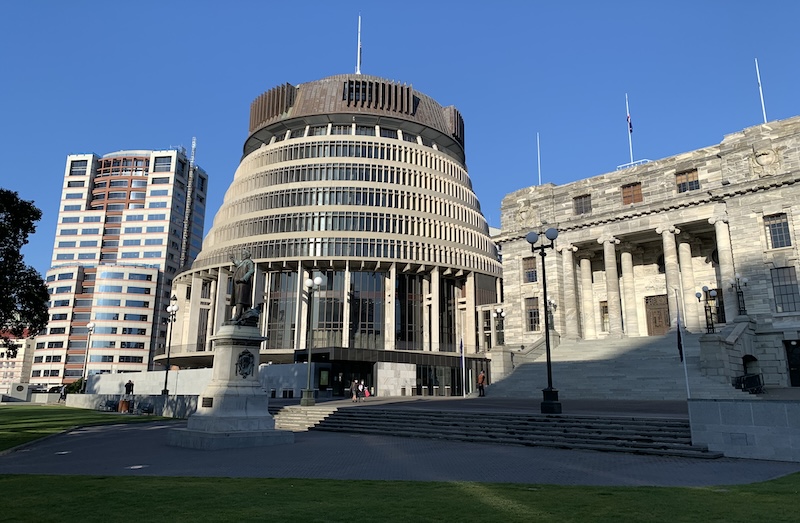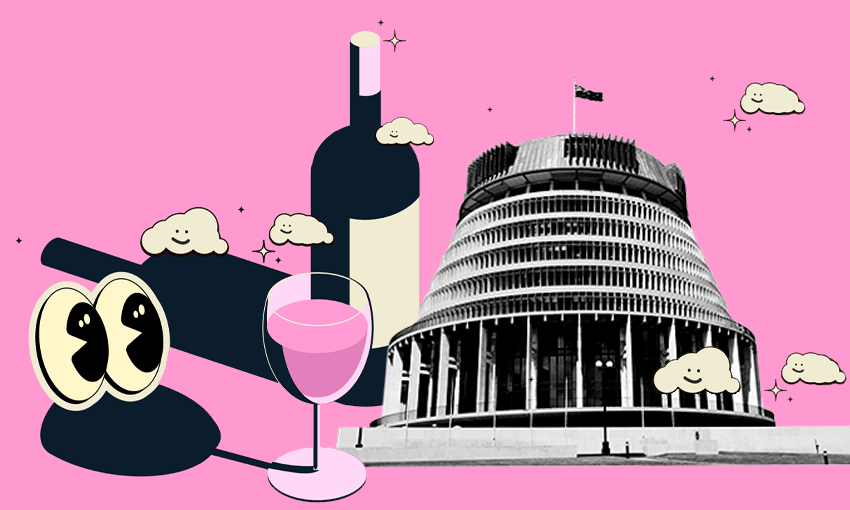The HRMI rights tracker paints a sobering but not
unsurprising picture of the grim realities facing families
with a disabled family member. Parent members of Parents of
Vision Impaired NZ (PVI) have, over the past three decades,
constantly advocated for the right of their blind,
deafblind, low vision, or vision impaired child to a fully
inclusive and accessible education, to accessible housing,
to health, and, as their child ages into adulthood, the
right to accessible workplaces and meaningful paid
work.
PVI parents such as Glenn and Fran Marshall have
brought cases to the Human Rights Tribunal in a desperate
attempt to hold government agencies and their services to
account for their violation of disabled children’s rights.
Yet, breaches continue to occur.
PVI National
Executive Officer, Dr Rebekah Graham, comments on the
sobering findings of the HRMI: “Here in New Zealand we
like to think that we provide equal opportunity for all, but
what these results tell is that we have a very long way to
go for our disabled children to make that happen for them.
Education, housing, and employment are key challenges for
our families. Progress is glacial.”
“For example,
parents have faced delays of up to five years for property
modifications, difficulties with accessing appropriate and
timely support, can find it hard to source and learn to use
assistive technology, and sometimes face a lack of
understanding by mainstream educators with regards to visual
fatigue and how it presents in children. It is really tough
on our parents having to constantly advocate for their child
to get even their basic needs met, and this takes its toll
on parent’s well-being. I had a parent say to me, that it
wasn’t until their child left school that they sat back
and realised what a horrible, constant battle it had all
been, how stressful it all was, and the effect it had on the
entire family.”
Parents of older disabled are also
deeply concerned about the absence of accessible employment
and training opportunities for their blind or low vision
young person: “Secondary school ends and there’s just
this big empty hole. Where do our young people transition
to?” one parent asked. Another noted “Even the simplest
of concessions [from the school] are put in the too hard
basket and it’s our young people who are excluded from
work before they’ve even had a chance to embark on any
sort of career.”
At the recent Waitangi Tribunal
Waitangi Tribunal Hearing PVI parent Andrea Lamont detailed
successive failures by the state and the breaches of her
son’s human rights.
An inclusive education has
become increasingly difficult over the past decade for
disabled children: currently over 1 in 3 applications for
ORS support for disabled children is declined by the
Ministry of Education.
Graham comments: “There have
been enough reports. What we need is action on accessibility
legislation and for specific goals with dedicated deadlines
for improving education and life outcomes for our disabled
children and their
families.”
© Scoop Media




















Discussion about this post